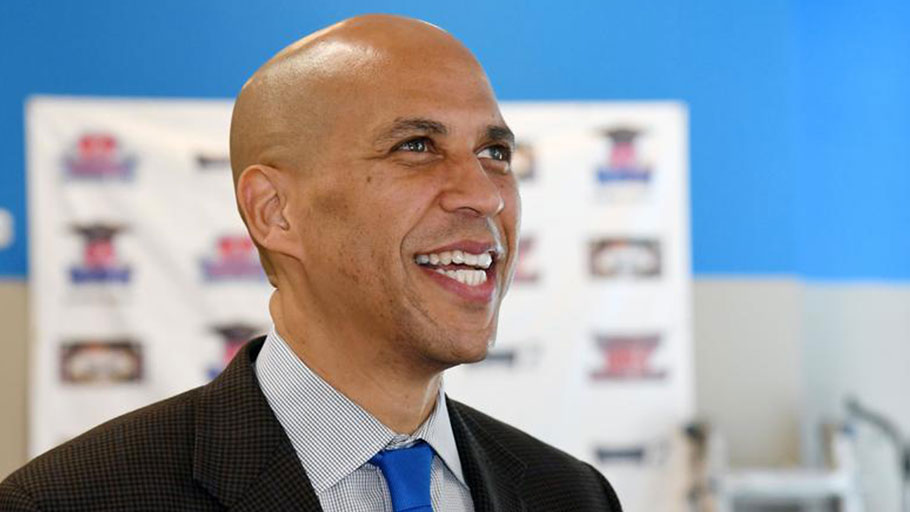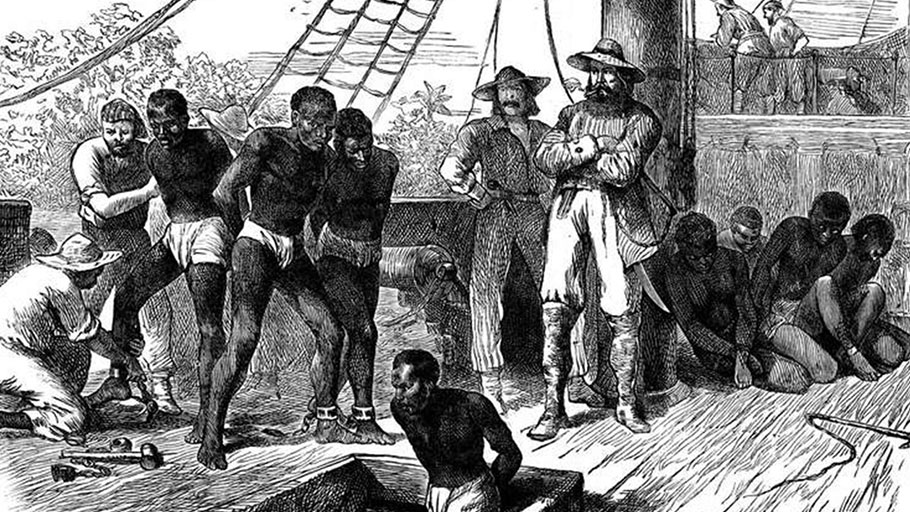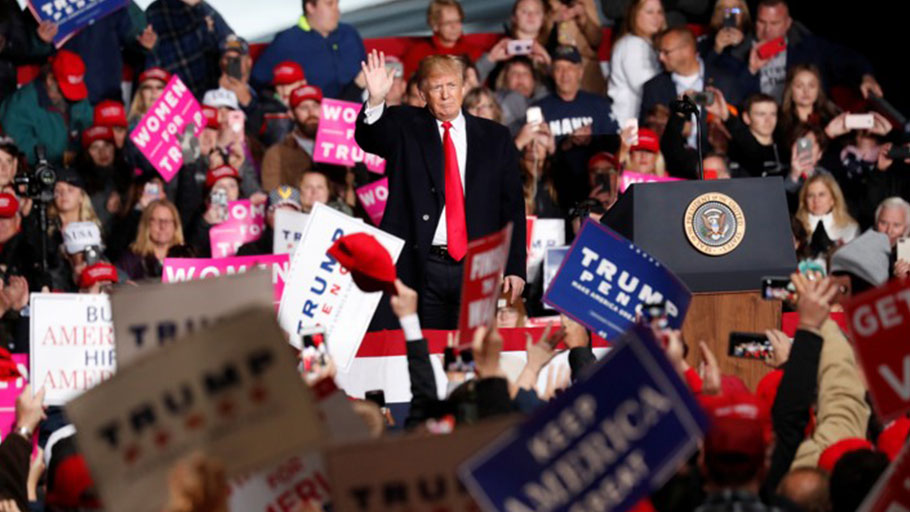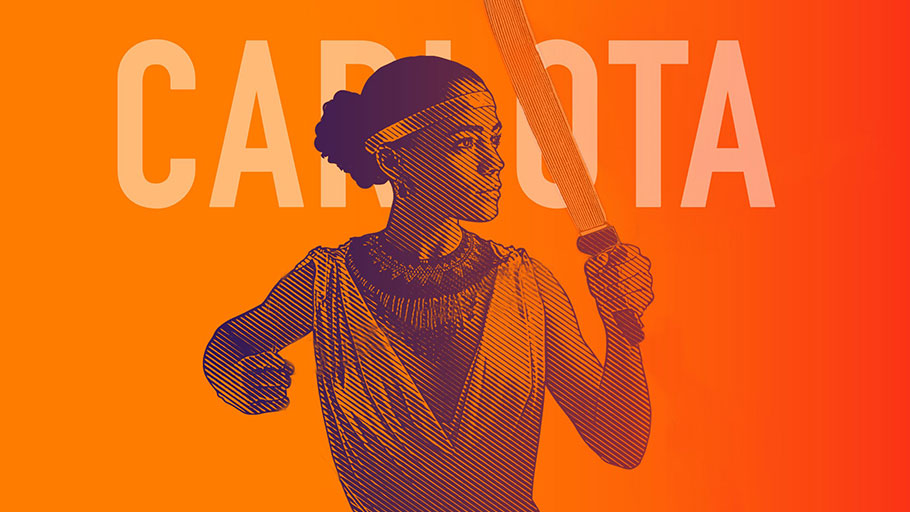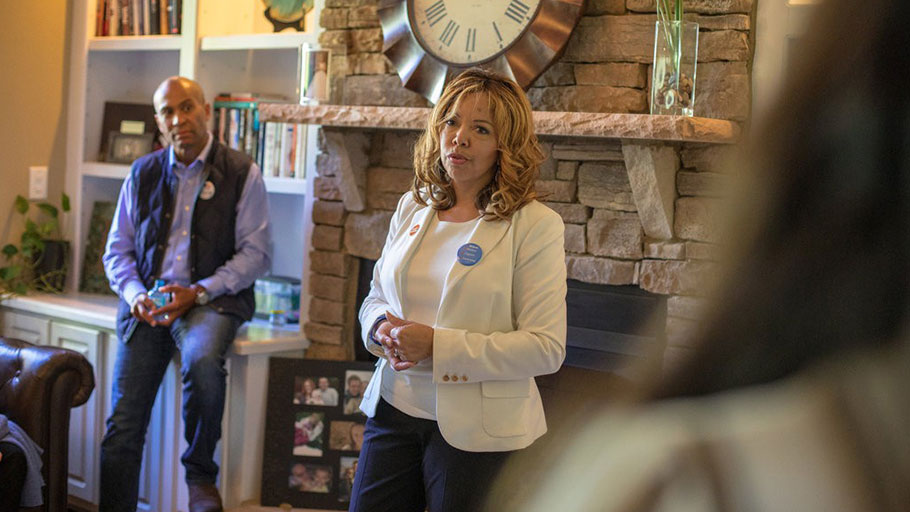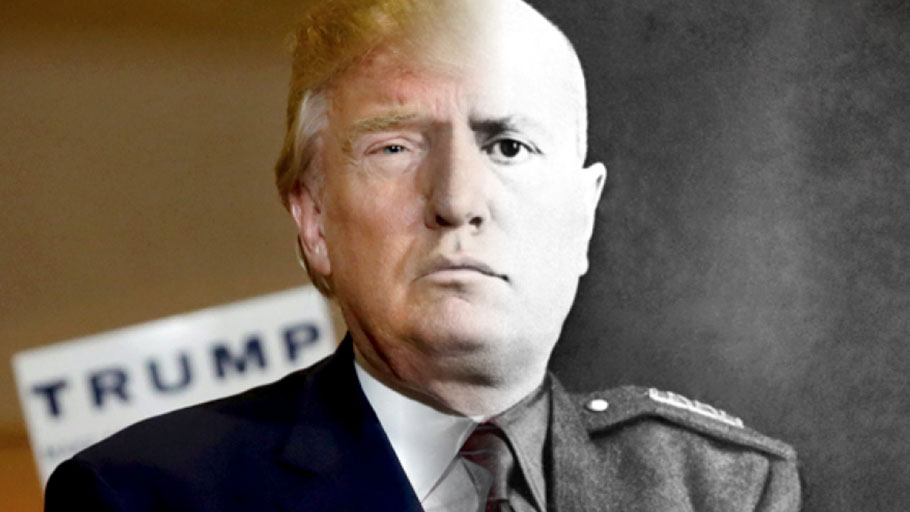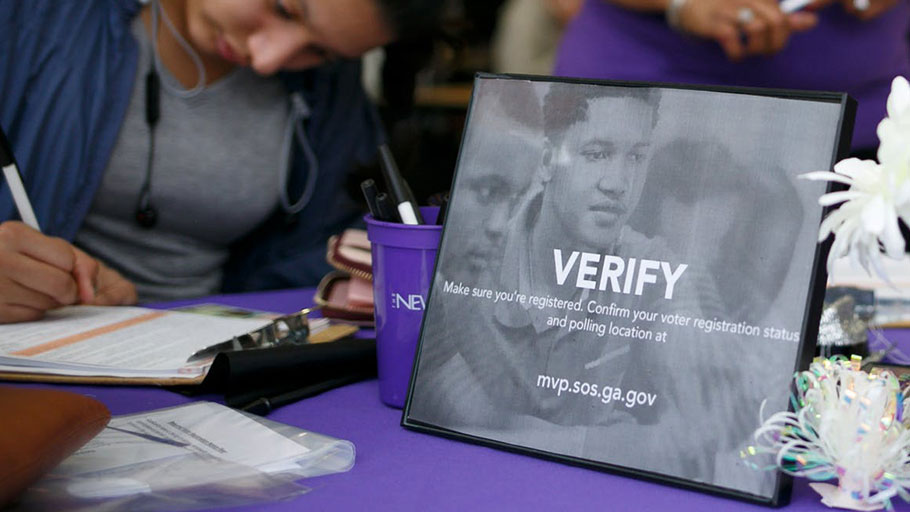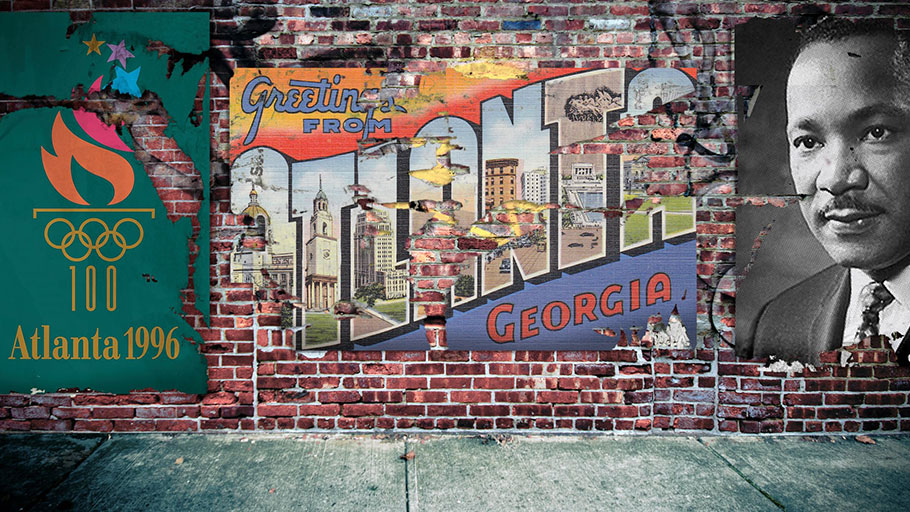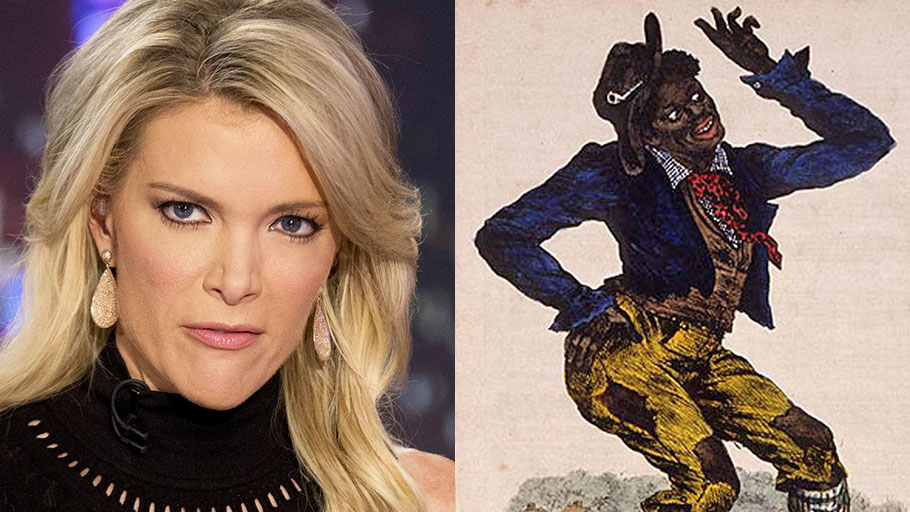
By Jacob Shamsian, Insider — “Today” host Megyn Kelly apologized Wednesday for defending blackface, the act of non-black people wearing makeup to make themselves look black. Blackface has a racist history in the United States. It was used in minstrel shows, movies, and other forms of entertainment to dehumanize African-Americans and exclude them from the entertainment industry. Mocking caricatures spread stereotypes about African-Americans that were used to deny them civil…


